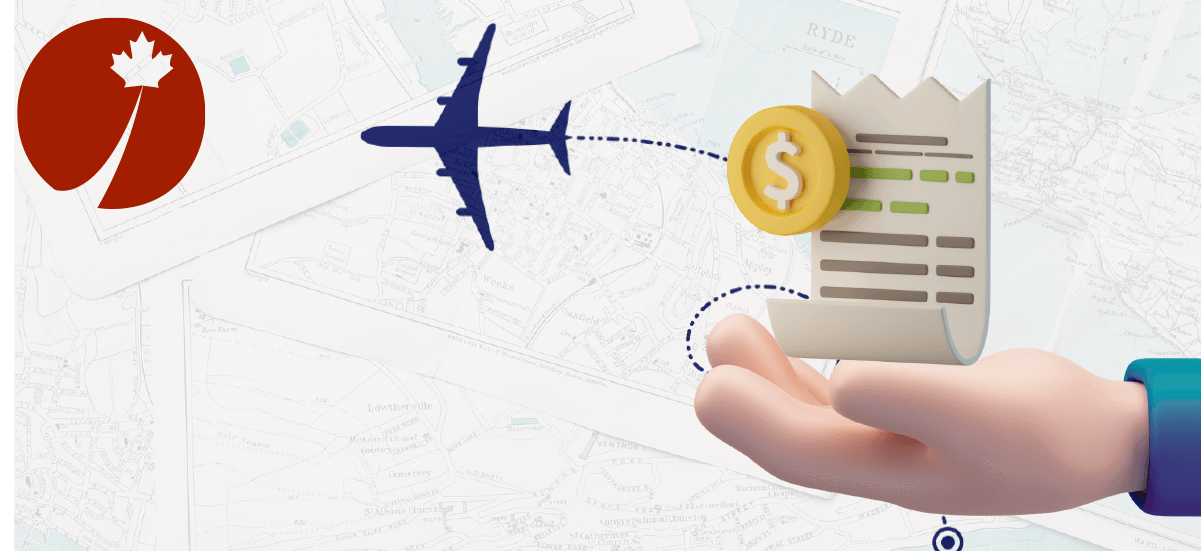Immigrating to Canada is the dream of many people and fortunately there are several ways to do it. The immigration system is designed to give people around the world a chance. However, you must meet the requirements of one of the following immigration classes: Economic, Family Sponsorship, or Refugees and Asylum. In this article I wanted to focus on the economic class since more than half of the new permanent residents are accepted under this class.
The Government of Canada believes that foreign workers can help employers meet their labor needs when Canadians and permanent residents are not available. As part of this process, the government supports foreign workers based on their potential to settle economically in Canada and to help employers fill the shortage of skilled labour. Canada’s immigration system favours people with work experience and a job offer when granting permanent residence.
The Government of Canada believes that foreign workers can help employers meet their labor needs when Canadians and permanent residents are not available. As part of this process, the government supports foreign workers based on their potential to settle economically in Canada and to help employers fill the shortage of skilled labour. Canada’s immigration system favours people with work experience and a job offer when granting permanent residence.
Employers who wish to hire foreign workers and support their application for permanent resident may make a job offer that meets the following requirements:
- Be recent (usually less than 1 year). You cannot use the same job offer letter that you used to obtain your work permit.
- Be in writing.
- Not be from an embassy, high commission or consulate in Canada.
- Include details of the work they are offering you, such as:
- Salary and deductions
- your work duties
- conditions of employment (working hours , etc).
A work permit alone is not a job offer, even if it is an open work permit. The job offer must also meet other criteria to be valid under one of Express Entry’s programs:
1. Federal Skilled Worker Program (FSW) and Canadian Experience Class (CEC):
- Offered by one employer
- For a continuous, paid, full-time work (at least 30 hours a week)
- Non-seasonal
- For at least one year after receiving permanent residency
- In a position under NOC TEER 0, 1, 2 or 3
- Made by an employer with a new positive LMIA approving the offer and listing you and your position, or if you are currently working for the employer specified in the work permit and have a work permit:
- Issued on the basis of an LMIA, or
- If you are exempt from needing an LMIA, and then you have at least one year of full-time work experience (or the same amount of part time work) for that employer.
2. Federal Skilled Trades Program (FST)
- Offered by up to two employers
- For a continuous, paid, full-time work (at least 30 hours per week),
- For at least one year after receiving permanent residence,
- In a skilled trade occupation (a job under NOC 2021 TEER 2 and 3 categories), under the following groups:
- Group 72: technical trades and transport officers and controllers (excluding Subgroup 726, transport officers and controllers)
- Group 73: general offices.
- Group 82: supervisors in natural resources, agriculture and related production.
- Group 83: occupations in natural resources and related production
- Group 92: processing, manufacturing and utility supervisors, and utility operators and controllers
- Group 93: process operators and central control and aircraft assemblers and inspectors (excluding subgroup 932, aircraft assemblers and aircraft assembly inspectors)
- Group 6320: cooks, butchers and bakers.
- Group 62200: chefs.
- Made by an employer(s) with a new positive LMIA approving the offer and listing you and your position, or if you are currently working for the employer specified in the work permit and have a work permit:
- Issued on the basis of an LMIA, or
- You are exempt from needing an LMIA, and then you have at least one year of full-time work experience (or the same amount of part time work) for that employer.
If you have a job offer, but do not have a positive LMIA or the employer is not specified in your work permit, the Provincial Nominee Program (PNP) may be an alternative. PNP allows territorial and/or provincial governments to select immigrants based on the specific economic needs of that territory or province. Many provincial nomination programs will evaluate job openings to determine if they meet a need in the province. Provincial criteria are different from federal criteria, so a job posting that does not qualify for Express Entry could serve through a Provincial Nominee Program.
If you have a job offer, but do not have a positive LMIA or the employer is not specified in your work permit, the Provincial Nominee Program (PNP) may be an alternative. PNP allows territorial and/or provincial governments to select immigrants based on the specific economic needs of that territory or province. Many provincial nomination programs will evaluate job openings to determine if they meet a need in the province. Provincial criteria are different from federal criteria, so a job posting that does not qualify for Express Entry could serve through a Provincial Nominee Program.
Provincial criteria are different from federal criteria, so a job offer that does not qualify for Express Entry could serve through a Provincial Nominee Program. If the province accepts you, you can apply for permanent residence as a provincial candidate and skip the skilled worker and LMIA processes.








